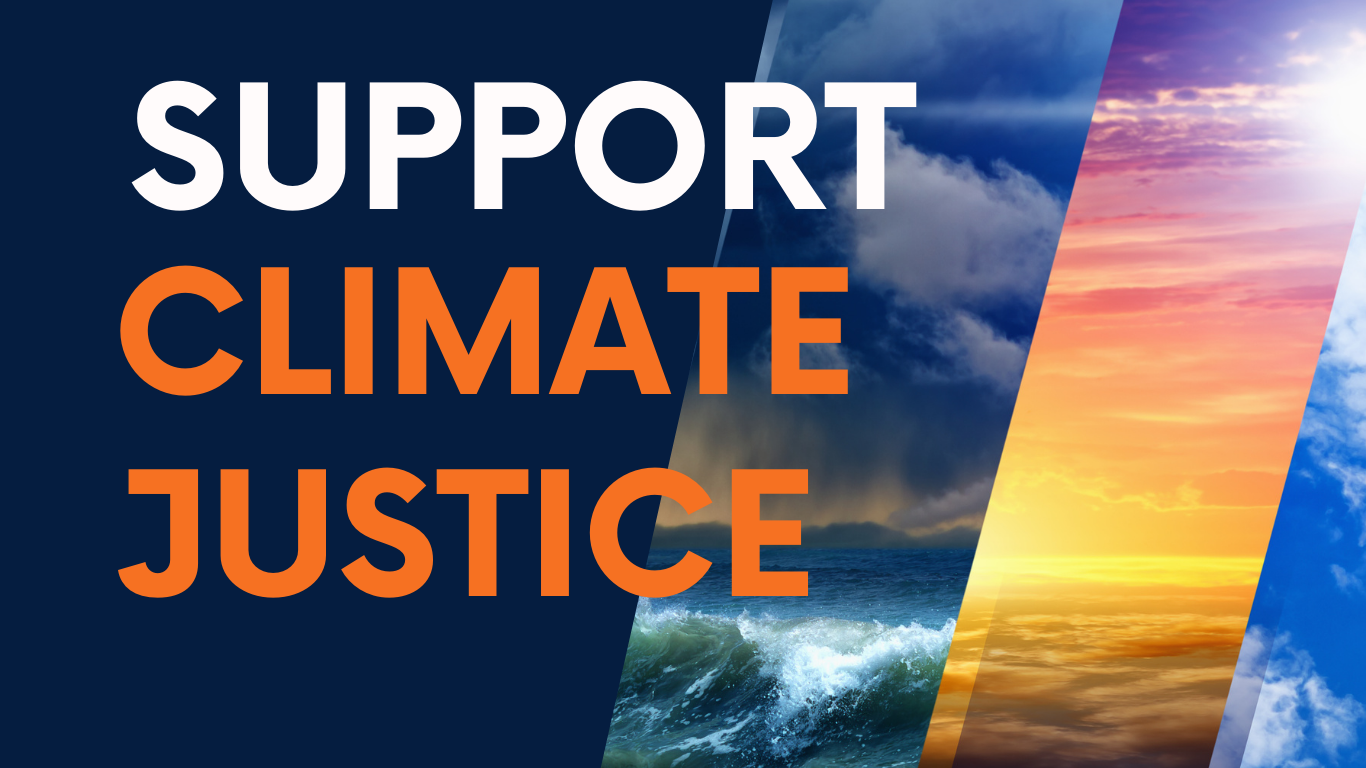By Marco Lopez
A new study published by the Global Carbon Project signals a significant increase in anthropogenetic methane sources over the past two decades. Methane emissions produced by human activities have risen by 20% – with the largest spike observed over the last five years.
The Global Methane Budget 2024 published in the Earth System Science Data Journals offers a comprehensive analysis of current methane trends.
What does methane have to do with global warming?
Well, methane is the second biggest human-made contributor to global warming after carbon dioxide. The new report’s findings point to an urgent need to target emission reduction strategies to curb this alarming growth in methane production.
According to the data, the growth rate is higher than at any other time since reliable measurement began around 1986. The world is moving in the opposite direction of what is needed to achieve the Paris Agreement goals and preserve a habitable planet for future generations.
Methane is 28 times more effective at trapping heat than carbon dioxide, over a century and over 80 times more potent over 20 years. The atmospheric concentration of methane observed today is 2.6 times higher than preindustrial levels and the highest in at least 800,000 years.

While the international community has made a global pledge to reduce methane by 30% between 2020 and 2030 – that goal seems fairly out of research, lead researcher of the study, Rob Jackson of Stanford University opines.
“Right now, the goals of the Global Methane Pledge seem as distant as a desert oasis. We all hope they aren’t a mirage,” said Jackson.
While methane is a short-lived greenhouse gas, it is highly potent. It comes from natural sources like wetlands, and human sources such as agriculture, fossil fuels, and waste landfills. During the first 20 years after release, methane heats the atmosphere nearly 90 times faster than carbon dioxide.
Addressing methane emissions is key to limiting global warming in the near term.
The trajectory of methane emissions being seen is inconsistent with the pledges and reveals a significant gap in efforts to combat climate change.
The largest increase in methane has come from China and Southeast Asia and is linked to coal extraction, oil and gas production, and landfills, the study cites.
The Global Methane Pledge has seen 150 countries commit to the work towards the global goal to cut emissions by 30% by 2030 – however key methane emitters like China, Russia, and India have not signed on to the pledge.
The report shows methane emissions by sector and region, identifying key emitters as China (16%), India (9%), the USA (7%), Brazil (6%), and Russia (5%).
Curbing the increasing trend in methane emission is crucial to achieving the climate goals of the world – to limit warming to 1.5C. Currently, there is no technology capable of directly removing methane from the atmosphere, making it imperative to reduce emissions at their source.







